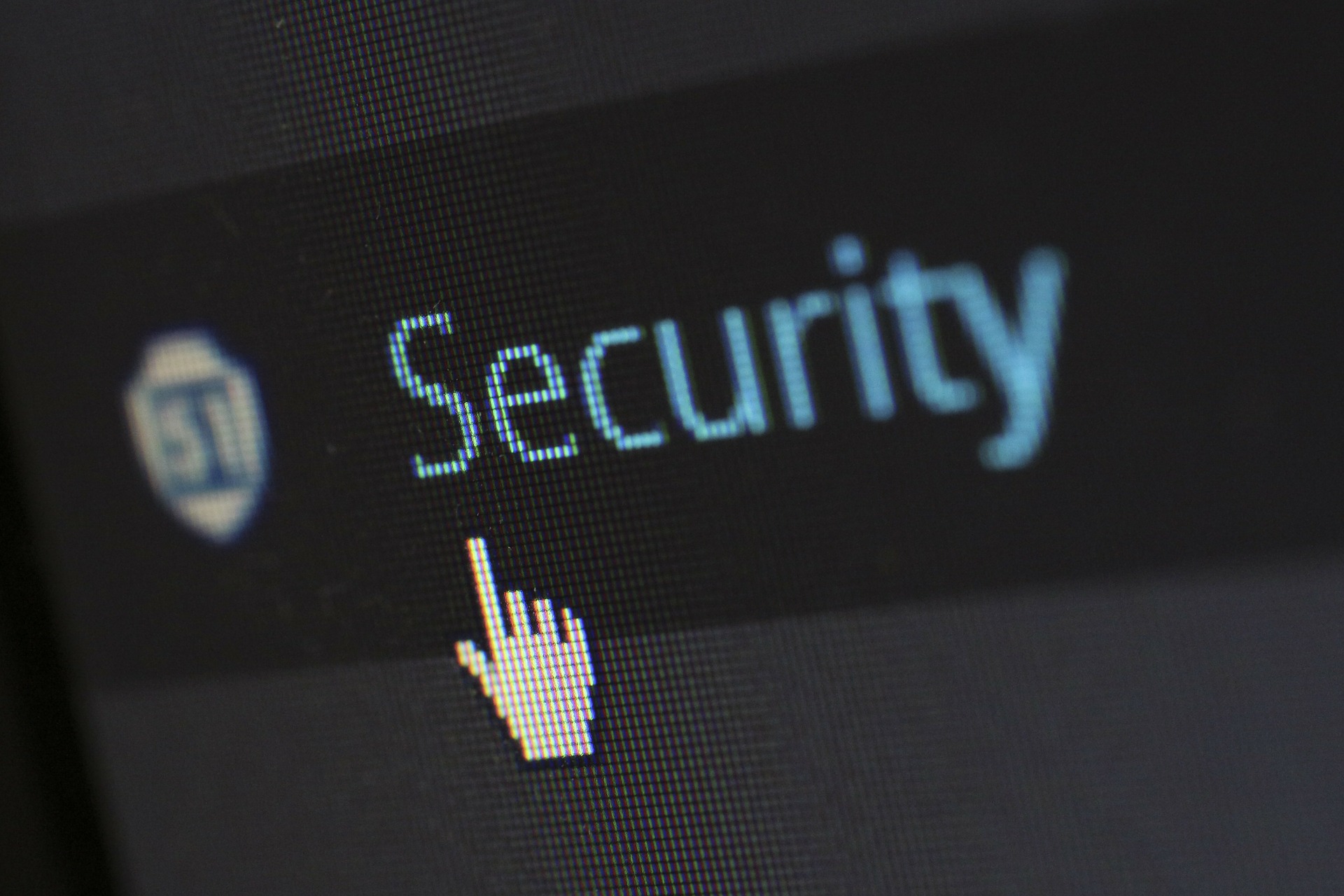
Secure a website with an SSL certificate
Securing your website is essential to avoid data hacking and password theft. A reality that banking institutions and social networks such as Facebook and Twitter have integrated for many years by including the introduction of an SSL certificate on their website. Hacking a Facebook account has become a much more complex business since the standardization of this certificate.
What is an SSL certificate?
The SSL certificate is a file that must be deposited on the server of a website. Its purpose is simple: it encrypts data relating to organizations and individuals, for example, logins and passwords. It was the banks that first integrated the SSL certificate to secure their customers' transactions. Social networks have also quickly adopted this technique in order to protect their users from account hacking and password theft. Hacking Facebook or a Twitter password is therefore much more complicated with the implementation of the SSL certificate.
A hacking risk without an SSL certificate?
A website that does not have an SSL certificate presents a greater risk of hacking and hacking. Therefore, before creating an account and/or connecting to a social network or other website, it is important to check that a padlock appears in the browser bar and that the HTTS protocol is activated. The HTTPS protocol ensures the security of the connection between the browser and the website server.
What if your website doesn't have an SSL certificate?
Are you hesitant to include an SSL certificate on your website because you don't offer online payments or password-accessible pages? It is still advisable to install this certificate to assure your visitors that the data on your website is authentic and honest, not just encrypted. This is a sign of confidence.
But how do I install the SSL certificate? You're going to have to follow three steps:
- The generation of an application to sign the certificate. This is done with the certification authority (be careful, you will have to go to a different authority depending on the type of SSL certificate requested)
- Buying an SSL certificate
- Installing on your web server
Once the installation is complete, your website will be automatically secured. Each time a user logs on to it, their password will be encrypted, making it much more difficult to hack the data. However, adding a security certificate is not always enough: there are still a Facebook hack or password theft on Twitter.
